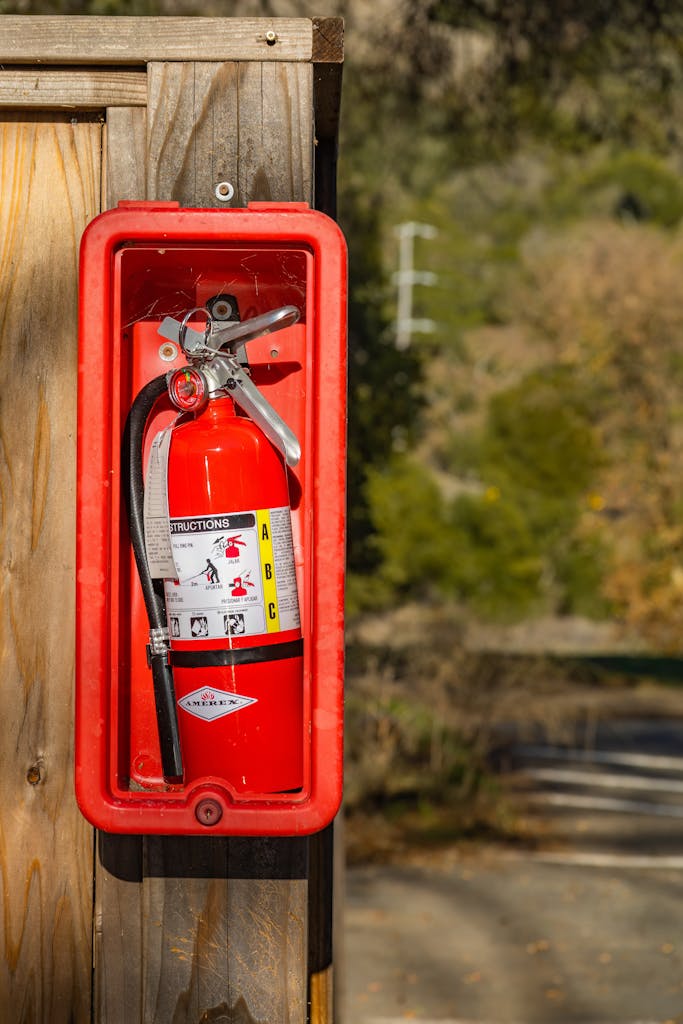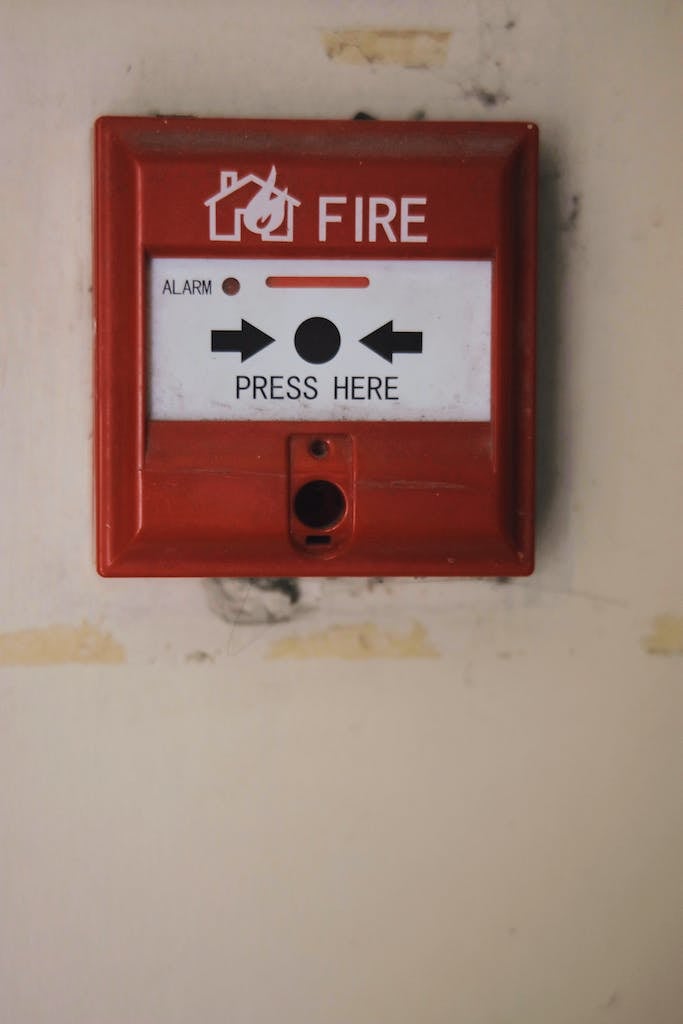Let’s talk Gas Plumbing
Contrasting Professions: Gas Fitter vs. Plumber
The primary distinction between a gas fitter and a plumber lies in the extent of their training and expertise. Gas fitters are required to undergo specific qualifications, training, and licensing to safely handle the installation, maintenance, and repair of gas piping systems, appliances, and related equipment. This entails completing a comprehensive series of courses that focus on comprehending the intricacies of working with potentially hazardous materials like natural gas.
Gas Fitters: Specialized Training for Safety
Gas fitters receive specialized training to handle the complexities of gas systems, ensuring safety in installation and maintenance procedures. Their expertise extends to understanding and mitigating potential risks associated with working with natural gas, making them adept at handling various gas-related tasks with precision and care.
Plumbers: Versatile Experts in Plumbing Systems
On the other hand, plumbers are skilled tradespeople who specialize in the installation, repair, and maintenance of plumbing fixtures. Their expertise encompasses a wide range of tasks, including installing sinks and toilets, connecting pipes to ensure water supply, and addressing issues such as broken or leaky plumbing systems and clogged drainage systems. Plumbers provide essential services for maintaining efficient and functional plumbing systems in homes and businesses.
Gas Fitter’s Safety Responsibilities
The duties of a gas fitter revolve around guaranteeing compliance with safety regulations during the installation and maintenance of gas lines. They are tasked with ensuring that all components utilized adhere to current safety standards. This entails correctly connecting pipes to the main gas line and conducting thorough tests to detect any leaks or irregular pressure levels. Moreover, gas fitters are responsible for replacing faulty or outdated components to address safety concerns. Regular inspections are integral to the role of a gas fitter, ensuring that all systems operate smoothly and in alignment with safety regulations.
Plumbers’ Versatile Responsibilities
The role of a plumber encompasses more than just the installation of fixtures like sinks and toilets. They are tasked with connecting these appliances to the appropriate water supply and ensuring the overall functionality of the system. Plumbers utilize specialized tools such as snake cameras or power augers to inspect drainpipes for blockages before initiating any repairs. In cases where issues are not readily visible, plumbers may need to access concealed areas by digging trenches or utilizing special drills. Additionally, plumbers possess the ability to identify potential problems before they escalate into major issues by conducting regular inspections of pipe joints and seals. This proactive approach sets plumbers apart from gas fitters, whose training focuses on specific safety protocols rather than comprehensive system maintenance.
Comparing Gas Fitters and Plumbers
In essence, although the main distinction between a gas fitter and a plumber hinges on the extent of their training, both professions demand highly skilled professionals. These individuals comprehend the critical nature of their roles in guaranteeing safety concerning natural gas installations and delivering clean water supply to both residential and commercial properties.






